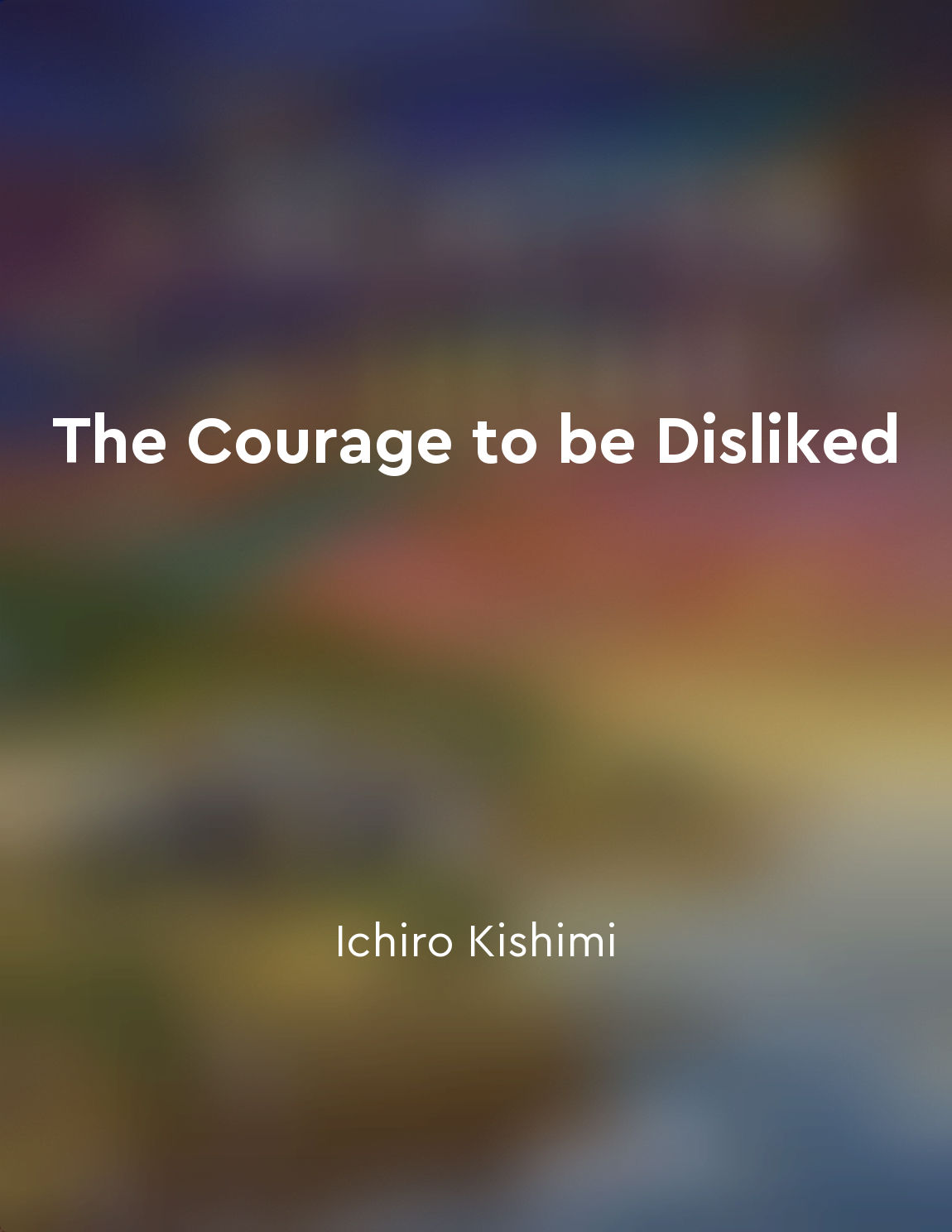Stay curious and openminded from "summary" of The Advice Trap by Michael Bungay Stanier
Being curious and open-minded is a fundamental aspect of effective coaching. It involves approaching conversations with a sense of wonder and a willingness to explore new perspectives and ideas. When you stay curious, you resist the urge to jump to conclusions or provide quick solutions. Instead, you ask questions that invite deeper reflection and insight. This not only helps your coachee gain clarity but also encourages them to think more critically about their situation. Open-mindedness is closely linked to curiosity because it requires a willingness to consider different viewpoints and possibilities. It involves setting aside your own biases and assumptions to truly listen to what the other person is saying. By staying open-minded, you create a safe space for your coachee to express themselves without fear of judgment. This fosters trust and encourages honest and open communication. As a coach, your role is not to have all the answers but to guide your coachee in discovering their own solutions. By staying curious and open-minded, you empower them to tap into their own wisdom and insights. This approach not only builds their confidence but also strengthens their decision-making skills. It allows them to take ownership of their goals and actions, leading to greater personal growth and development. In a world filled with distractions and preconceived notions, staying curious and open-minded can be a challenge. It requires practice and a conscious effort to cultivate these qualities in your coaching conversations. However, the benefits of adopting this mindset are invaluable. It enables you to build deeper connections with your coachees, foster a culture of learning and growth, and create lasting impact. So, the next time you find yourself tempted to give advice or make assumptions, remember to stay curious and open-minded.Similar Posts
Celebrate small wins and progress
When you're in the business of making change happen, it can be tempting to focus only on the big wins. The game changers. The b...
Enhance decisionmaking process
The process of enhancing decision-making involves utilizing critical thinking skills to make informed and effective choices. By...

Recognize the impact of nonverbal communication cues
Nonverbal communication cues play a significant role in how we interact and connect with others. These cues can include facial ...
Thriving is a journey, not a destination
Thriving is not a finish line we cross, a place we arrive and unpack our bags. It is not a diploma we place on the wall to mark...
Seek out expert guidance
To get better, seek out expert guidance. Seek out someone who can teach you what you need to know. Seek out someone who can giv...

Embrace failure as a stepping stone to success
The concept of failure as a stepping stone to success is a fundamental principle that can be found throughout the teachings of ...
Practice gratitude
Gratitude is not just a virtue, but a practice. It’s something that can be cultivated, like a garden. It’s a way of looking at ...
Creativity requires dedication
Creativity requires dedication. It's as simple as that. You can't just sit around and wait for inspiration to strike. You have ...
Empower the coachee to take ownership
The heart of coaching is about helping people find their own answers, rather than providing them with solutions. By empowering ...
Building relationships takes time and effort
Establishing meaningful connections requires more than a mere exchange of business cards or a quick LinkedIn request. It demand...
